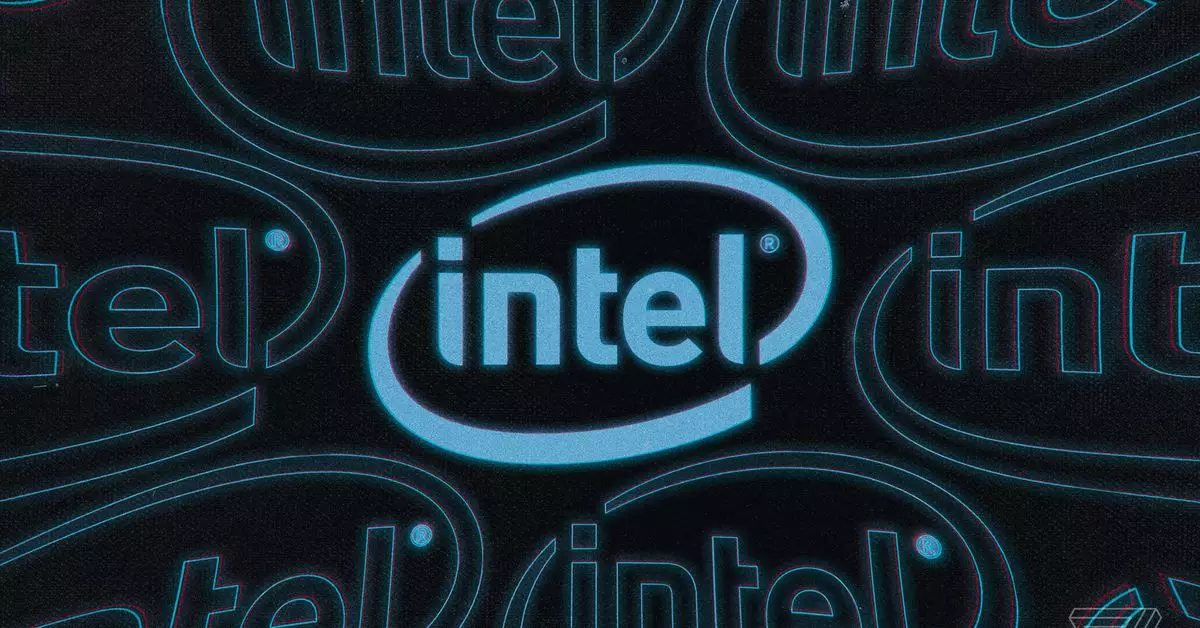Intel’s recent introduction of the Arrow Lake-based Core Ultra 9 200S-series processors has been met with a barrage of criticism, particularly concerning their gaming capabilities. The performance reviews have largely fallen flat, leaving tech enthusiasts and gamers alike questioning the value of these new offerings. According to Robert Hallock, Intel’s Vice President and General Manager of client AI and technical marketing, while the chips are set to improve, many users are currently left grappling with their underwhelming performances.
Intel was transparent about its intention with the Arrow Lake chips, acknowledging from the outset that they might not outshine AMD’s current gaming-focused offerings. However, the poor reviews have taken many by surprise. For instance, reviews from notable tech outlets suggest that not only do these new chips fail to outperform AMD’s Ryzen 9800X3D, they are also lagging when compared to Intel’s own prior lineup, particularly the Raptor Lake series. This raises significant concerns about the direction Intel is headed in a competitive landscape increasingly driven by performance metrics.
While Hallock described the architectural fundamentals of Arrow Lake as “solid,” he admitted that unforeseen variables have contributed to disappointing gaming experiences. The discrepancies indicate that while there may be intrinsic potential within the chip’s design, the current iteration has not maximized its capabilities. This sentiment was echoed in a review by Tom Warren from The Verge, which noted that performance gains claimed by Intel feel minimal when it comes to real-world gaming applications, subsequently frustrating gamers looking for a substantial upgrade.
Intel’s commitment to transparency is commendable. Hallock was forthright in stating that the performance issues associated with Arrow Lake are strictly Intel’s responsibility, distancing the company from any blame attributed to external factors, such as software or operating system performances from Microsoft. This level of accountability is crucial in maintaining consumer trust, especially in an industry rife with skepticism about corporate transparency.
As for when stakeholders may expect a fix, Hallock indicated that Intel plans to release a detailed update by late November or early December. This forthcoming report is anticipated to clarify ongoing performance issues and outline the company’s strategy for addressing these shortcomings. Gamers and tech enthusiasts will be watching closely, hoping that Intel can rally from this rocky launch and restore confidence in its ability to produce cutting-edge technology.
Intel’s Arrow Lake processors present a rather complex tapestry of ambition and reality. While initial reviews have raised red flags, the company’s proactive stance and commitment to improvement could herald a turnaround. The coming months will be critical for Intel as it navigates these challenges, and the tech community remains eager for updates that could redefine the gaming landscape once again. As the competition heats up, Intel’s response to these hurdles may very well dictate its standing in the market for the foreseeable future.


Leave a Reply